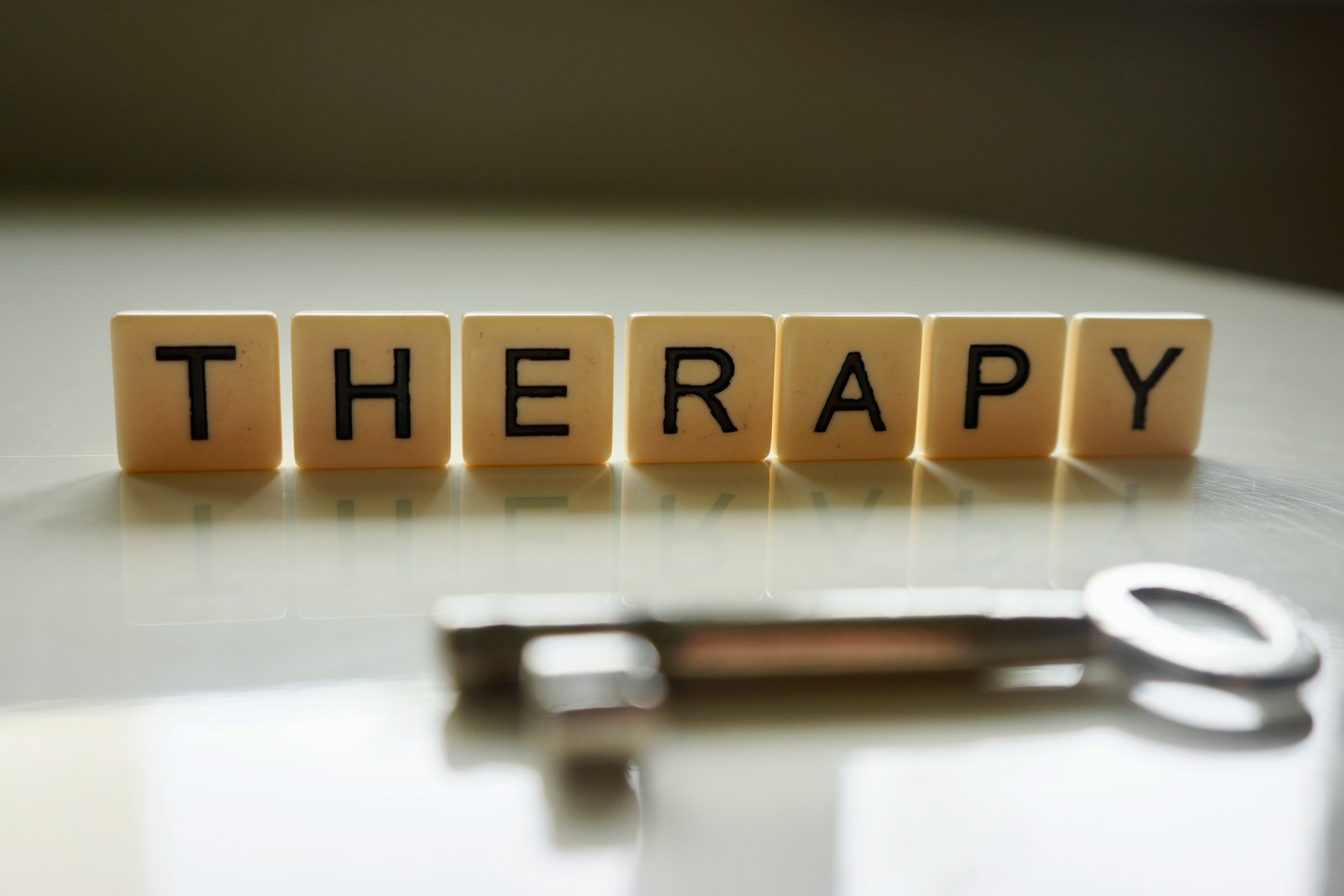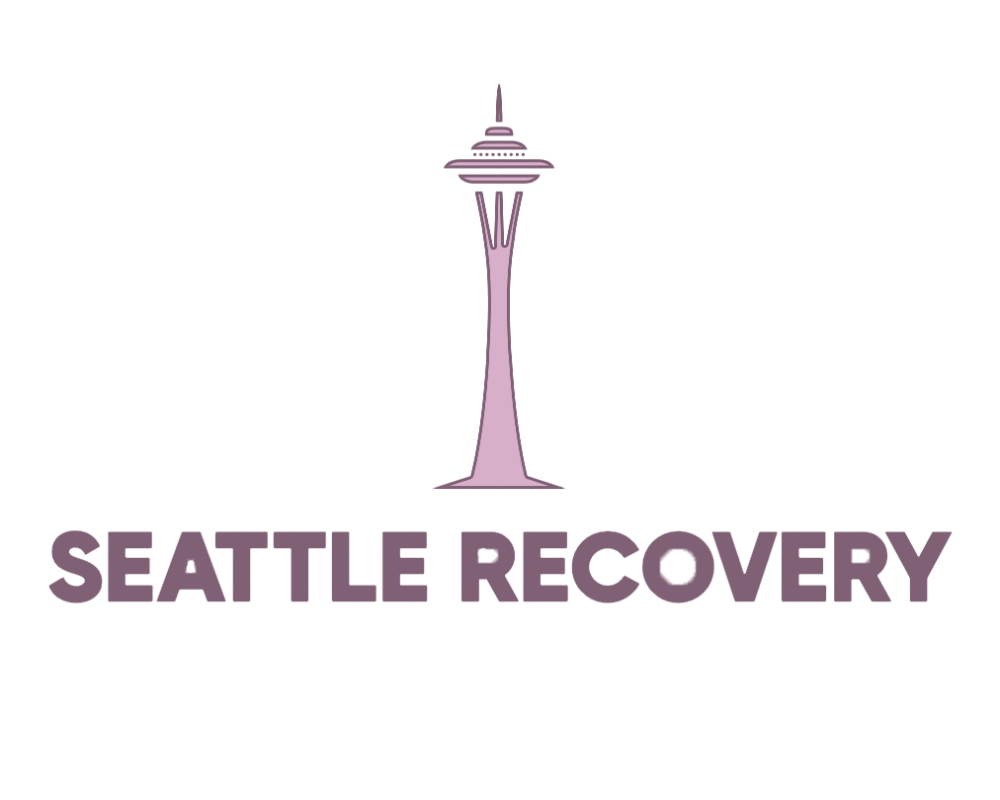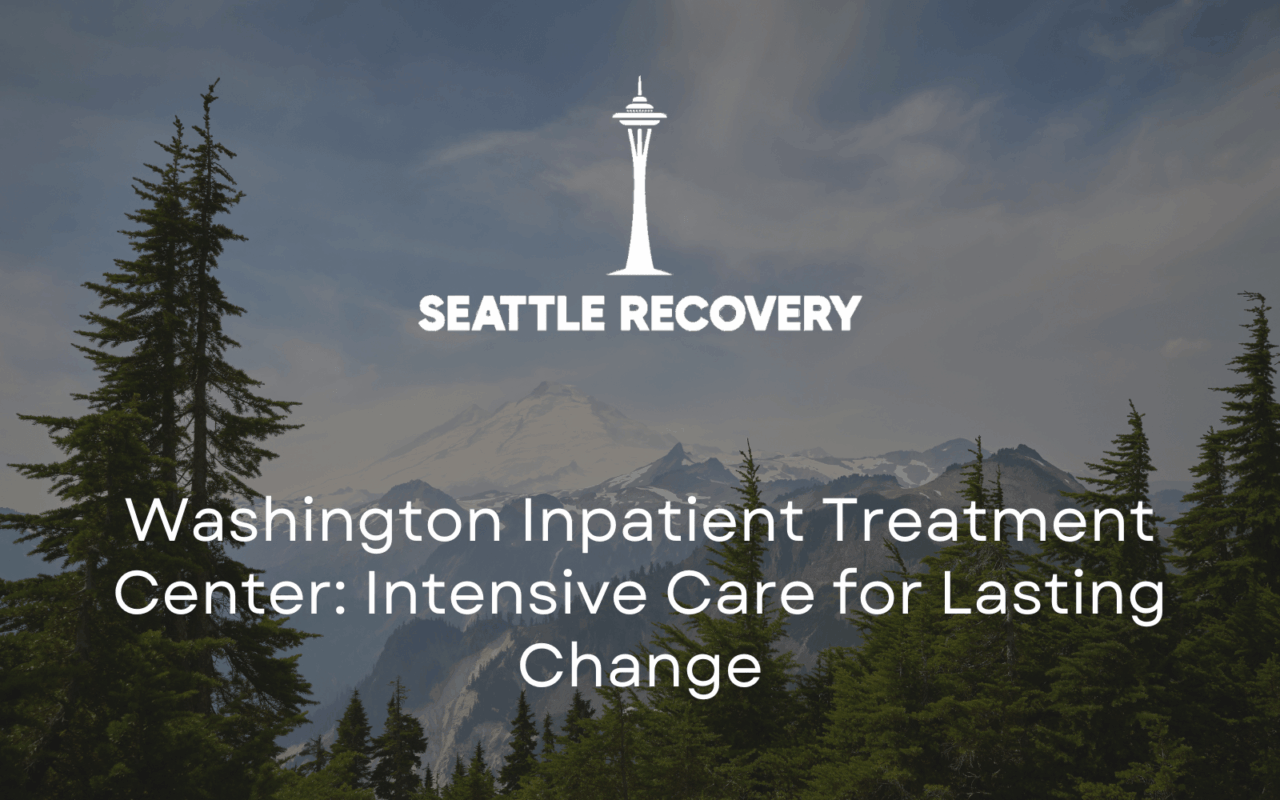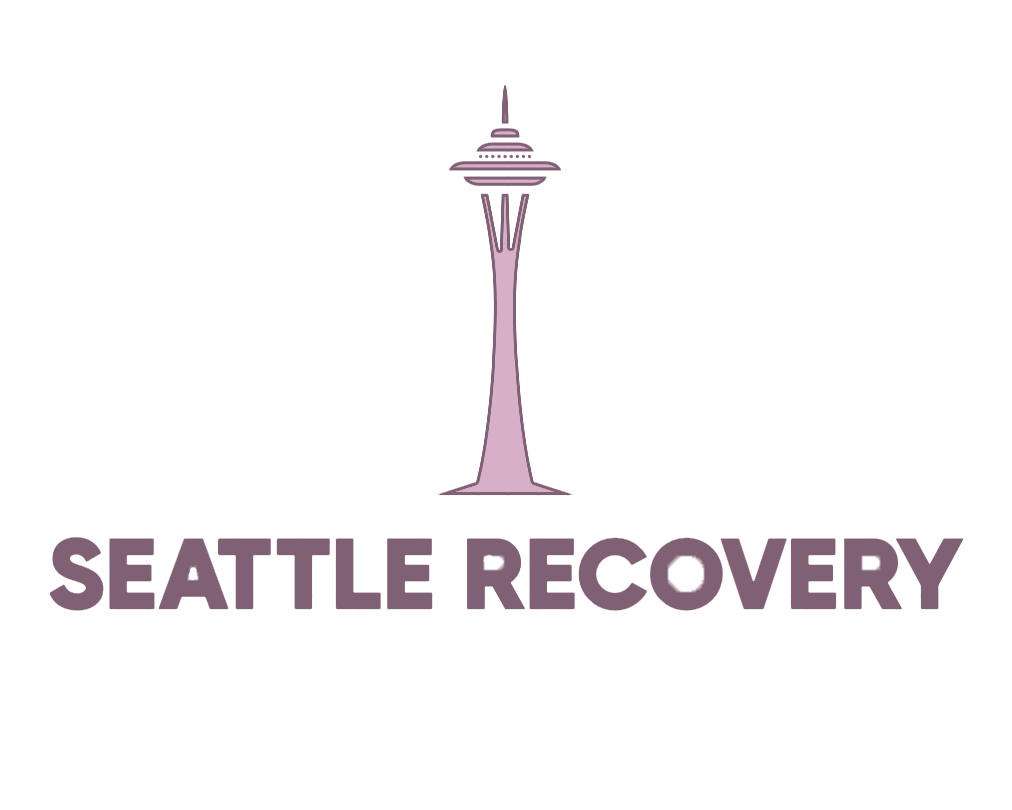When struggling with mental health disorders or substance abuse issues, finding the right treatment facility can feel overwhelming. For individuals and families in the Pacific Northwest, a Washington inpatient treatment center offers hope, healing, and the comprehensive care needed to achieve lasting recovery. These specialized facilities provide intensive, round-the-clock support in a structured environment designed to address the complex needs of those battling addiction and co-occurring mental health conditions. Recovery is not a one-size-fits-all journey, and the most effective treatment centers understand this fundamental truth.
A quality Washington inpatient treatment center combines evidence-based therapeutic approaches with personalized care plans, creating an environment where healing can truly begin. From the moment clients enter treatment, they are surrounded by compassionate professionals who understand the challenges of addiction and mental health disorders, providing the support and guidance necessary for successful recovery.
Understanding Inpatient Treatment: The Foundation of Recovery
Inpatient treatment represents the highest level of care available for individuals struggling with severe addiction or mental health issues. At a Washington inpatient treatment center, clients reside at the facility for the duration of their treatment program, typically ranging from 28 to 90 days or longer, depending on individual needs. This immersive approach removes clients from environments that may trigger substance use while providing constant access to medical and therapeutic support.
The residential nature of inpatient care allows for intensive monitoring and intervention, particularly crucial during the early stages of recovery when withdrawal symptoms and psychological distress are most severe. Unlike outpatient programs where clients return home each evening, inpatient treatment provides a protective environment where individuals can focus entirely on their recovery without the distractions and temptations of daily life. Within the structured environment of a Washington inpatient treatment center, clients participate in multiple therapy sessions daily, engage in educational programming about addiction and mental health, and develop healthy coping mechanisms under professional supervision. This comprehensive approach addresses not only the immediate crisis but also the underlying factors that contribute to substance abuse and mental health disorders.
Comprehensive Detox and Intervention Assistance
The journey to recovery often begins with detoxification, a medically supervised process that allows the body to eliminate harmful substances while managing withdrawal symptoms safely. A reputable Washington inpatient treatment center provides comprehensive detox services that prioritize client safety and comfort during this challenging phase.
Detoxification Services Include:
- Medical monitoring and assessment by licensed healthcare professionals who specialize in addiction medicine
- Medication-assisted treatment to manage withdrawal symptoms and reduce cravings safely and effectively
- 24/7 nursing care to address physical and psychological symptoms as they arise during the detox process
- Nutritional support and hydration management to help restore physical health and energy levels
- Emotional support and counseling to address the psychological aspects of withdrawal and early recovery
- Gradual tapering protocols for individuals dependent on alcohol, benzodiazepines, or other substances requiring careful withdrawal management
Professional intervention assistance is another critical service provided by many Washington inpatient treatment center facilities. When families struggle to convince a loved one to seek treatment, trained intervention specialists can facilitate conversations that help individuals recognize the need for professional help. These interventions are carefully planned, compassionate encounters that provide education about addiction while offering immediate treatment options.
Inpatient and Outpatient Treatment Options
While inpatient care provides the most intensive level of support, a comprehensive Washington inpatient treatment center also offers outpatient services to accommodate different needs and treatment phases. This continuum of care ensures that clients receive appropriate support whether they require residential treatment or can benefit from less intensive programming while maintaining their daily responsibilities.
Inpatient Treatment Features:
- Residential accommodations in comfortable, therapeutic environments that promote healing and recovery
- Structured daily schedules that include individual therapy, group sessions, educational programming, and recreational activities
- Medication management by psychiatrists and medical professionals who specialize in addiction and mental health treatment
- Peer support opportunities with others who understand the challenges of recovery firsthand
- Family therapy sessions and educational programming to help rebuild relationships and communication skills
- Discharge planning and aftercare coordination to ensure smooth transitions back to community living
Outpatient Treatment Benefits:
- Flexibility to maintain work, school, or family responsibilities while receiving professional treatment and support
- Lower cost compared to residential treatment, making recovery accessible to more individuals and families
- Opportunity to immediately apply recovery skills in real-world situations with professional guidance and support
- Continued access to therapy, medical care, and support groups while living independently
- Gradual transition from intensive inpatient care to independent living with ongoing professional support
Partial Hospitalization Programs and Residential Treatment
Partial Hospitalization Programs (PHP) represent a crucial middle ground between inpatient and traditional outpatient care. At a Washington inpatient treatment center, PHP services provide intensive treatment during the day while allowing clients to return home in the evenings. This level of care is particularly beneficial for individuals who have completed inpatient treatment but still require intensive support, or for those who cannot commit to residential care due to family or work obligations.
PHP Services Typically Include:
- Six to eight hours of programming per day, five to seven days per week, providing intensive therapeutic support
- Group therapy sessions focusing on specific topics such as relapse prevention, coping skills, and relationship building
- Individual counseling with licensed therapists who specialize in addiction and mental health treatment
- Psychiatric services and medication management for co-occurring mental health disorders
- Educational sessions about addiction, mental health, and recovery skills that support long-term sobriety
- Case management services to coordinate care and connect clients with community resources and support services
Residential treatment at a Washington inpatient treatment center provides a homelike environment where clients can focus on recovery while developing independent living skills. These programs typically last 30 to 90 days and bridge the gap between intensive inpatient care and independent living. Residential programs emphasize skill development, relapse prevention, and community integration while maintaining a supportive, structured environment.
Evidence-Based Therapeutic Approaches
Modern addiction and mental health treatment relies on evidence-based therapies that have been scientifically proven effective. A quality Washington inpatient treatment center incorporates multiple therapeutic modalities to address the diverse needs of clients struggling with various mental health disorders and substance abuse issues.

Eye Movement Desensitization and Reprocessing (EMDR)
EMDR is a specialized therapy particularly effective for treating trauma-related disorders that often contribute to substance abuse. Many individuals with addiction histories have experienced significant trauma, and unresolved traumatic memories can trigger substance use as a coping mechanism.
EMDR Therapy Benefits:
- Processes traumatic memories without requiring detailed verbal discussion of traumatic events
- Reduces the emotional intensity associated with traumatic memories and triggers
- Helps clients develop healthier coping mechanisms for managing difficult emotions and memories
- Addresses underlying trauma that may contribute to substance use and mental health symptoms
- Can be integrated with other therapeutic approaches for comprehensive treatment of complex conditions
Cognitive Behavioral Therapy (CBT)
CBT is one of the most widely researched and effective therapeutic approaches for treating both addiction and mental health disorders. At a Washington inpatient treatment center, CBT helps clients identify and modify negative thought patterns and behaviors that contribute to substance use and emotional distress.
CBT Focuses On:
- Identifying triggers and high-risk situations that may lead to substance use or emotional crisis
- Developing practical coping skills for managing cravings, stress, and negative emotions effectively
- Challenging distorted thinking patterns that contribute to depression, anxiety, and addictive behaviors
- Problem-solving skill development to address life challenges without resorting to substance use
- Building self-efficacy and confidence in one’s ability to maintain recovery and manage mental health symptoms
Dialectical Behavior Therapy (DBT)
DBT was originally developed to treat borderline personality disorder but has proven effective for various mental health conditions and substance abuse issues. This approach is particularly valuable for individuals who struggle with emotional regulation and interpersonal difficulties.
DBT Skill Areas Include:
- Mindfulness techniques to increase present-moment awareness and reduce emotional reactivity
- Distress tolerance skills for managing crisis situations without engaging in harmful behaviors
- Emotion regulation strategies to identify, understand, and manage intense emotions effectively
- Interpersonal effectiveness skills for building healthy relationships and communicating needs appropriately
Individual and Group Therapy: Building Connection and Insight
Therapeutic intervention at a Washington inpatient treatment center includes both individual and group therapy components, each serving unique purposes in the recovery process. Individual therapy provides personalized attention and allows clients to explore personal issues in a private, supportive environment. Licensed therapists work with clients to address underlying causes of addiction, develop personalized coping strategies, and work through individual challenges that may impact recovery.
Individual Therapy Addresses:
- Personal trauma history and its relationship to substance use and mental health symptoms
- Family dynamics and relationship patterns that may contribute to addictive behaviors
- Co-occurring mental health disorders such as depression, anxiety, PTSD, or personality disorders
- Personal goals and motivation for recovery, helping clients develop intrinsic motivation for change
- Specific triggers and high-risk situations unique to each individual’s experience and lifestyle
Group therapy provides opportunities for peer support and learning from others who share similar struggles. In group settings, clients realize they are not alone in their experiences and can benefit from the insights and encouragement of others in recovery.
Group Therapy Benefits Include:
- Reduced isolation and shame through connection with others who understand addiction and mental health challenges
- Opportunity to practice new communication and social skills in a safe, supportive environment
- Learning from others’ experiences and recovery strategies, expanding one’s toolkit for maintaining sobriety
- Developing accountability and support networks that can continue beyond formal treatment
- Processing grief, loss, and other emotions related to addiction and its consequences with peer support
Comprehensive Case Management Services
Recovery extends far beyond addressing substance use and mental health symptoms. A Washington inpatient treatment center provides comprehensive case management services to help clients address practical barriers to recovery and develop the life skills necessary for long-term success.
Case Management Services Include:
- Assistance with housing placement and applications for sober living environments or independent housing options
- Healthcare coordination, including primary care, specialty medical services, and prescription management
- Benefits assistance, helping clients access disability benefits, food assistance, or other social services
- Legal referrals and support for addressing legal issues related to substance use or other life circumstances
- Employment and vocational counseling to develop job skills and find appropriate work opportunities
- Educational support, including assistance with GED completion or college enrollment and financial aid applications
- Transportation assistance and teaching clients to navigate public transportation systems effectively
Case managers work closely with clients to develop realistic discharge plans and connect them with community resources that will support ongoing recovery. This comprehensive approach recognizes that successful recovery requires addressing multiple life domains, not just substance use and mental health symptoms.
Mentoring Programs: Peer Support and Guidance
Peer support plays a crucial role in recovery, and many Washington inpatient treatment center facilities incorporate formal mentoring programs into their treatment offerings. These programs pair clients with individuals who have successfully navigated their own recovery journey and can provide guidance, support, and hope to those earlier in the process.
Mentoring Program Benefits:
- Real-world perspective from someone who has faced similar challenges and achieved lasting recovery
- Ongoing support and accountability that extends beyond formal treatment programming
- Modeling of healthy coping skills and recovery behaviors in daily life situations
- Reduced isolation and increased connection to the recovery community
- Practical guidance on navigating challenges such as employment, relationships, and social situations in recovery
- Inspiration and hope that long-term recovery is possible and achievable with commitment and support
Alumni Programs: Lifelong Support Networks
Recovery is a lifelong journey, and a quality Washington inpatient treatment center recognizes the importance of ongoing support through comprehensive alumni programs. These programs maintain connections with former clients and provide ongoing resources, support, and community for individuals in various stages of recovery.
Alumni Program Features:
- Regular social events and gatherings that provide sober social opportunities and community connection
- Continuing education workshops on topics relevant to ongoing recovery and personal growth
- Support groups specifically for program graduates who share common experiences and treatment backgrounds
- Volunteer opportunities that allow alumni to give back to current clients and the treatment community
- Crisis support and intervention services for alumni experiencing challenges in their recovery journey
- Professional networking opportunities and career development resources for alumni seeking employment or career advancement
Alumni programs help maintain the sense of community and support that clients experience during treatment while providing ongoing resources for continued growth and development. These programs also serve current clients by demonstrating that recovery is possible and by providing role models of successful long-term sobriety.
Relapse Prevention: Building Long-Term Success
Relapse prevention is a core component of treatment at any effective Washington inpatient treatment center. Rather than viewing relapse as a failure, modern treatment approaches recognize it as a potential part of the recovery process that can be prevented through proper planning, skill development, and ongoing support.
Relapse Prevention Strategies Include:
- Comprehensive trigger identification and development of specific coping strategies for high-risk situations
- Development of detailed relapse prevention plans that outline warning signs and specific steps to take when experiencing cravings or emotional distress
- Stress management techniques including relaxation training, exercise programming, and mindfulness practices
- Building strong support networks including family, friends, sponsors, and recovery community connections
- Ongoing therapy and counseling to address emerging challenges and maintain emotional stability
- Medication compliance strategies for individuals with co-occurring mental health disorders requiring ongoing treatment
- Lifestyle modification support including nutrition, exercise, sleep hygiene, and healthy recreational activities
Effective relapse prevention planning begins during treatment and continues as an ongoing process throughout recovery. Clients learn to recognize their personal warning signs and develop specific action plans for maintaining their recovery when facing challenges.
Conclusion
Choosing to enter treatment at a Washington inpatient treatment center represents a courageous first step toward reclaiming your life from addiction and mental health disorders. Recovery is possible, and with the right support, evidence-based treatment, and commitment to change, individuals can achieve lasting sobriety and improved mental health. The comprehensive services available at quality treatment centers provide the foundation for successful recovery, but the journey ultimately belongs to each individual.
Treatment provides the tools, support, and guidance necessary for change, but lasting recovery requires ongoing commitment to personal growth, healthy lifestyle choices, and continued engagement with support systems. If you or someone you love is struggling with addiction or mental health issues, reach out to us today for assistance by calling (206) 231-0252 or visit our website. The compassionate professionals at a Washington inpatient treatment center understand the challenges you face and are committed to providing the comprehensive care and support necessary for lasting change and recovery.







